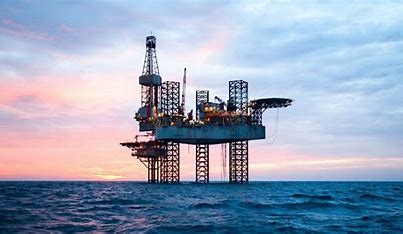Botswana has justifiably won praise over the past two decades as home to one of the world’s longest-running economic booms. Although the Covid-19 pandemic curtailed that growth for a short period, the government’s 2021 accounts are set to show a strong rebound, with GDP growth of approximately 7% being forecast.
Botswana Oil, the state energy company, has played a pivotal role in this growth story.
